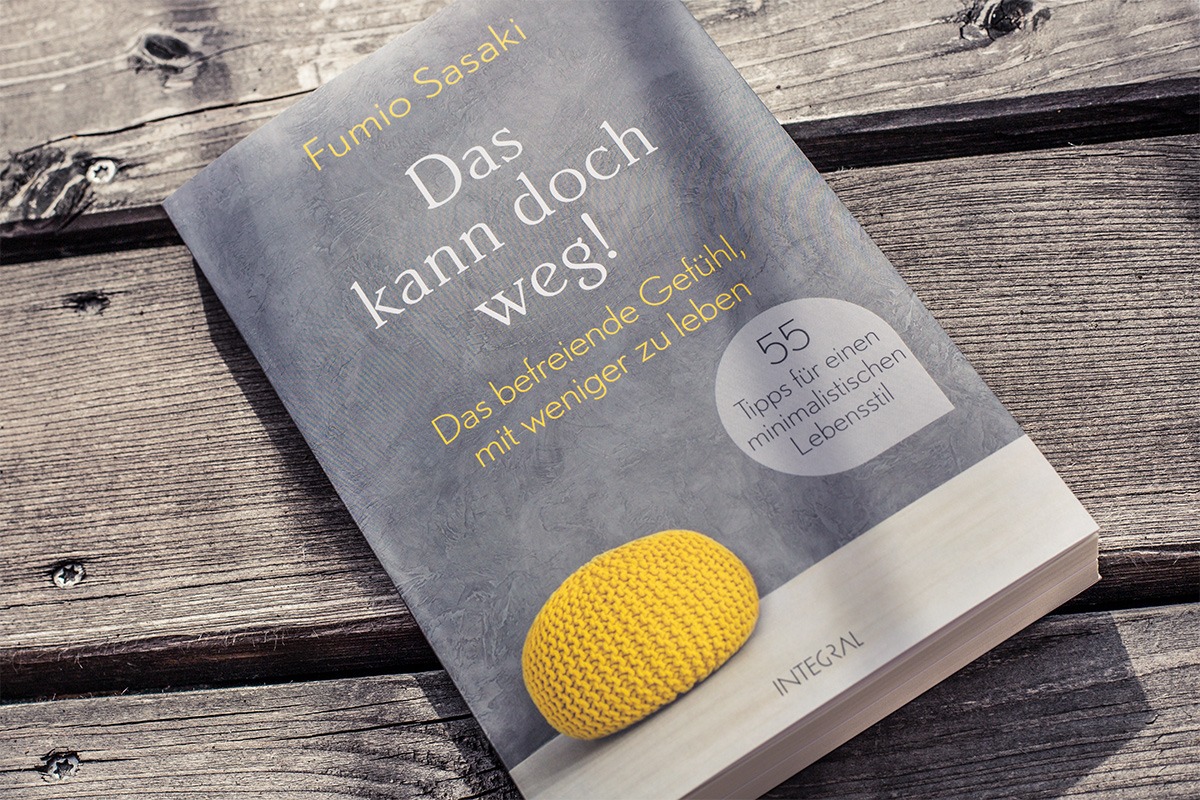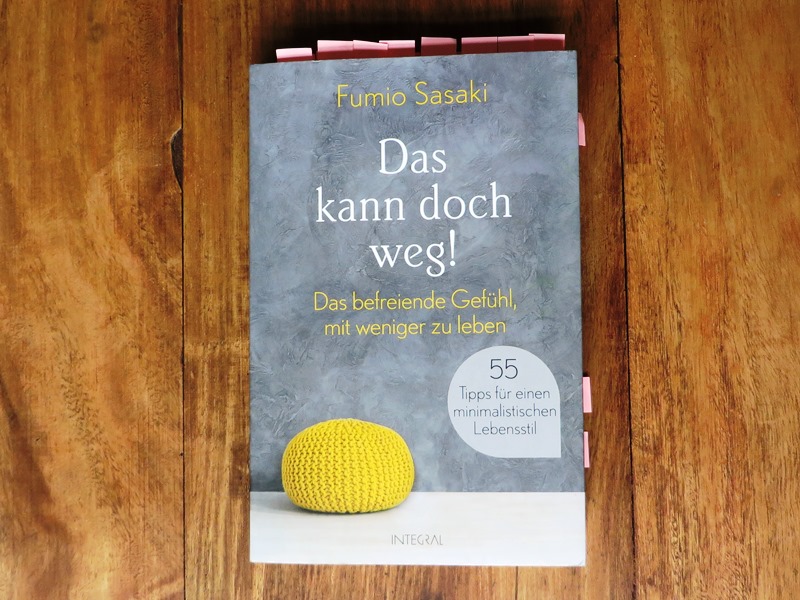
Thank you, author and the publisher for the audiobook.

But it went to explain more on things that didn't need explanations. I wanted the book to present the important points and actually back them up with less but important example and reference backups.

As the author points out to go directly to chapter 3 if you want to jump right in regarding habits, it still didn't work for me.

It became tiring after thirty percent of the read. I still take tips from the first book on minimalism as it was more practical, easy and fast to read.īut this book on habits went into too much of explanations and examples before actually going to the main point that I feel it lost all its purpose, even though they are backed up by numerous experiments and references. I doubt if it wasn't for the narrator I would have ever complete reading the book.Īs much as I loved the first book by the author, this book didn't work for me. If at all you want to pick up this book, opt for the audiobook. Ultimately, Sasaki shows how ordinary people like himself can use his principles of good habit-making to improve themselves and change their lives. In Hello, Habits, Sasaki explains how we can acquire the new habits that we want―and get rid of the ones that don’t do us any good.ĭrawing on leading theories and tips about the science of habit formation from cognitive psychology, neuroscience, and sociology, along with examples from popular culture and tried-and-tested techniques from his own life, he unravels common misperceptions about "willpower" and "talent," and offers a step-by-step guide to success. All of us live our lives based on the habits we’ve formed, from when we get up in the morning, to what we eat and drink, to how likely we are to actually make it to the gym.

But before minimalism could really stick, he had to make it a habit. The internationally best-selling author of Goodbye, Things shares insights and practices to help you become the best version of yourself.įumio Sasaki changed his life when he became a minimalist.


 0 kommentar(er)
0 kommentar(er)
